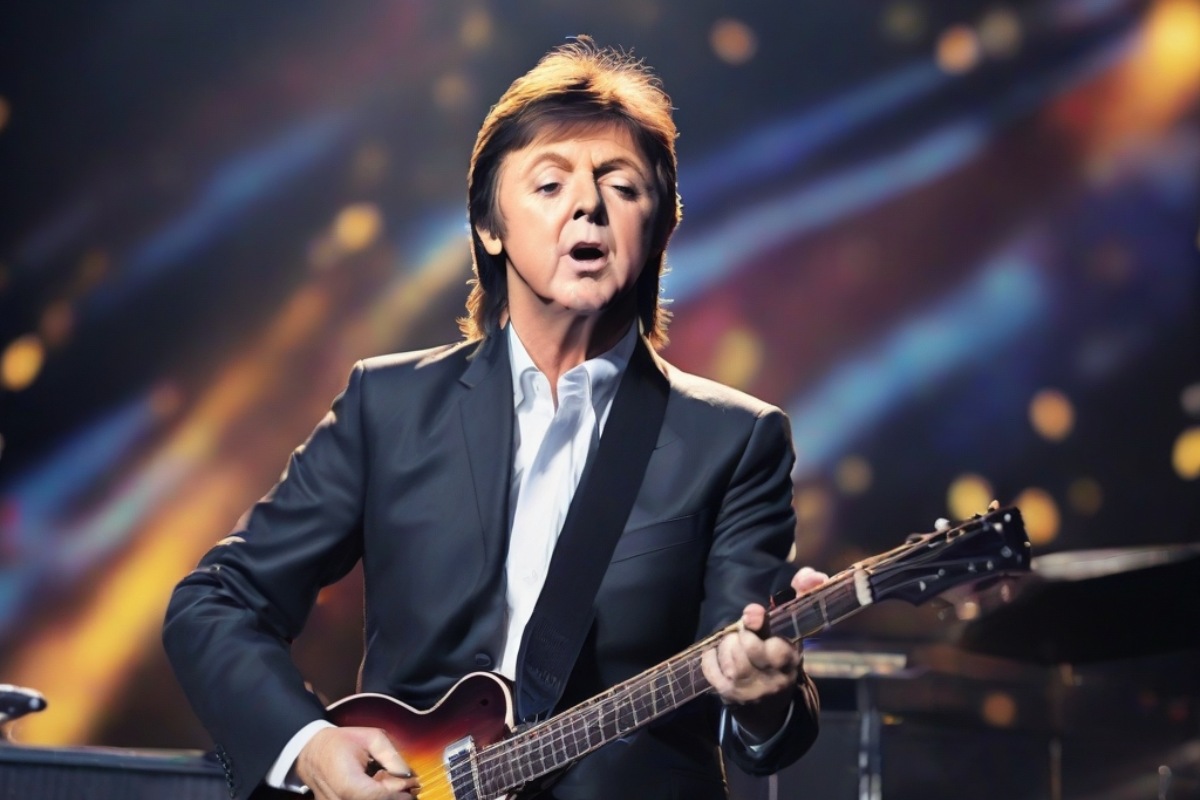Galactday: 53908.3
Few names resonate as profoundly as Paul McCartney. A luminary whose indelible mark on the world of music was first etched alongside John Lennon, George Harrison, and Ringo Starr in the iconic band, The Beatles. From the euphoria of Beatlemania to the controversial sale of his music catalog to Michael Jackson, and finally, to his serene life after the spotlight, McCartney’s journey is a narrative that transcends generations—one of triumphs, challenges, and a timeless legacy.
The Beatles Era. Born on June 18, 1942, in Liverpool, England, McCartney’s journey as a musical prodigy coalesced with the formation of The Beatles. Their impact was seismic, as they ushered in a new era of music, fashion, and cultural influence. McCartney, with his songwriting prowess, distinctive vocals, and innovative basslines, contributed significantly to the creation of legendary tunes like “Hey Jude,” “Let It Be,” and “Yesterday.”
The Beatles became synonymous with the cultural revolution of the 1960s. Their experimental approach to music and undeniable charisma made them global icons. The dissolution of the band in 1970 marked the end of an era, but each member continued to carve out their unique musical legacy in solo pursuits.
Michael Jackson and the Catalog Controversy. In the 1980s, McCartney’s relationship with his Beatles catalog took a surprising turn when Michael Jackson, himself a musical phenomenon, acquired the publishing rights to the majority of The Beatles’ songs. What began as a business deal strained the friendship between McCartney and Jackson and ignited a firestorm of controversy, raising ethical questions about the commodification of artistic creations.
Jackson’s acquisition of the catalog, encompassing timeless gems like “Yesterday” and “All You Need Is Love,” thrust McCartney into a legal battle to regain control of his own work. The incident underscored the challenges artists face in preserving the sanctity of their creative legacies in an industry driven by commerce.
Life After the Spotlight. Despite the tribulations surrounding the catalog controversy, McCartney’s solo career thrived, showcasing his versatility and enduring creativity. Hits like “Live and Let Die” and “Band on the Run” reaffirmed his status as a musical force, earning him critical acclaim and a slew of accolades.
Beyond the realm of music, McCartney embraced philanthropy and became an advocate for various causes, including animal rights and vegetarianism. His commitment to environmental issues and social responsibility revealed a deeper, more reflective side of the iconic musician. The man who once set the stage ablaze with his infectious melodies now used his platform to champion causes close to his heart.
Serenity in Later Years. Entering his later years, McCartney found solace in his personal life. His marriage to Nancy Shevell in 2011 marked a new chapter characterized by a family-oriented focus and a continued presence in the music industry. His live performances remained a testament to a performer who, despite the passing years, retained the enchantment that made him a living legend.
As McCartney aged gracefully, he continued to captivate audiences around the world. His story became not just one of musical brilliance but also of resilience, reinvention, and an unwavering dedication to artistic integrity. The serenity he found in later years echoed through his music and his life, inspiring generations to come.
Paul McCartney’s journey from the Beatles era to his life after the spotlight is a tale of artistic evolution, enduring impact, and personal growth. His story serves as an enduring inspiration for aspiring musicians and a reminder of the transformative power of music to shape the world.
Image by AWF




